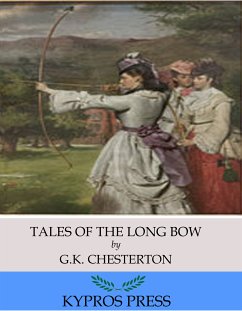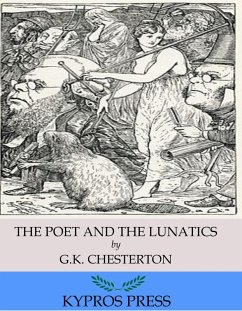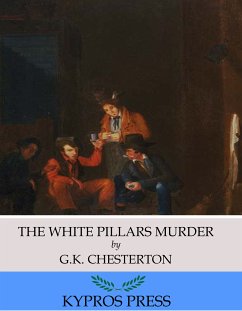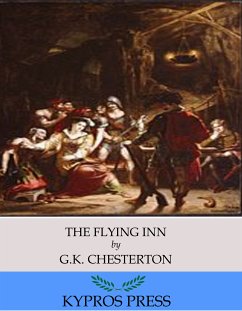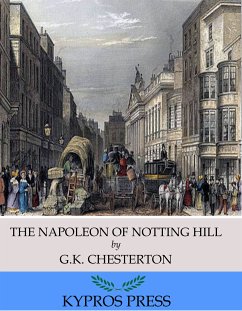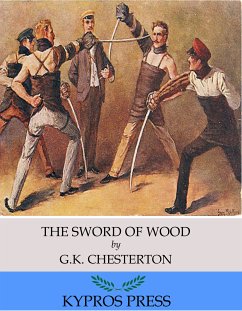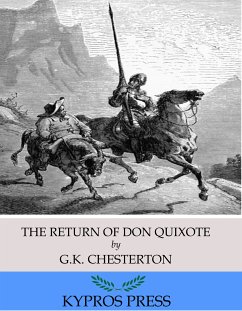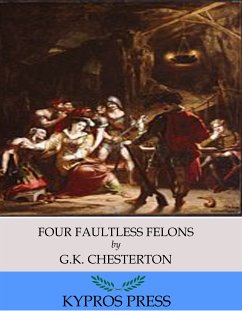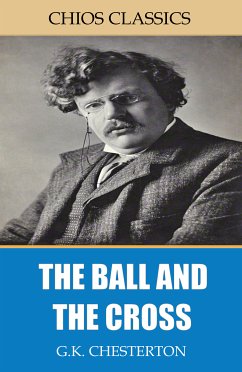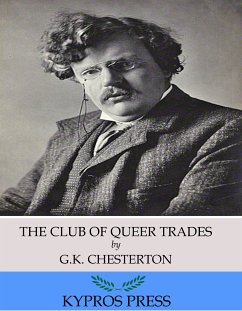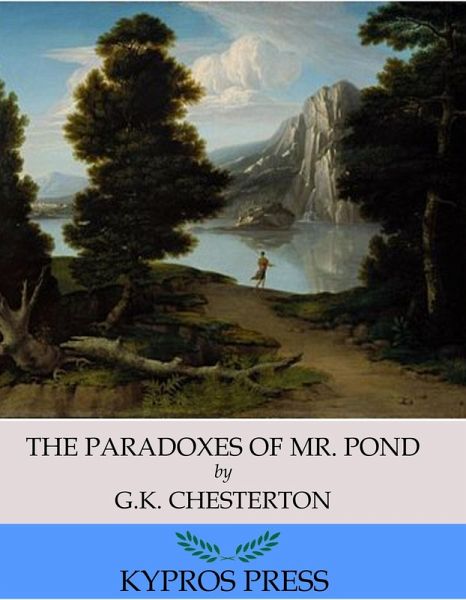
The Paradoxes of Mr. Pond (eBook, ePUB)
Versandkostenfrei!
Sofort per Download lieferbar
1,82 €
inkl. MwSt.
Weitere Ausgaben:

PAYBACK Punkte
0 °P sammeln!
G.K. Chesterton was an English writer, theologian and poet. Chesterton, also known as the prince of paradox, wrote on a vast variety of subjects using an unorthodox yet interesting writing style. This edition of The Paradoxes of Mr. Pond includes a table of contents.
Dieser Download kann aus rechtlichen Gründen nur mit Rechnungsadresse in D, F, I ausgeliefert werden.




